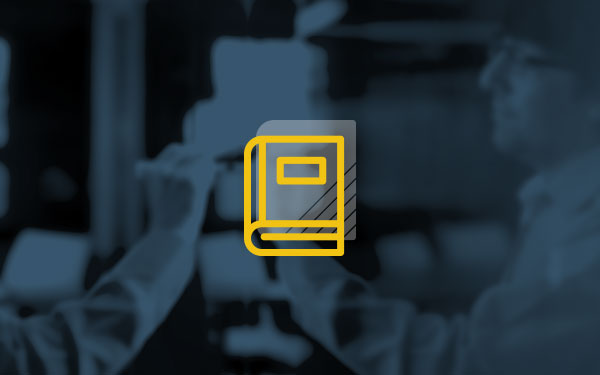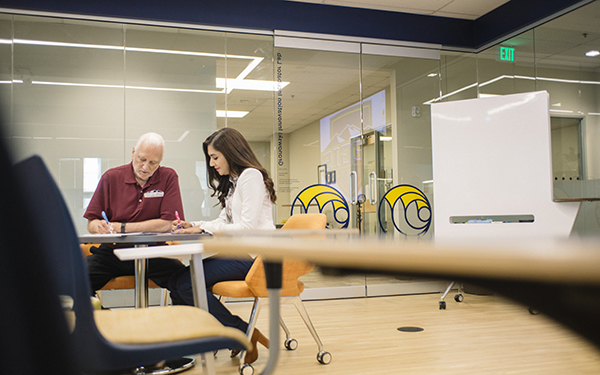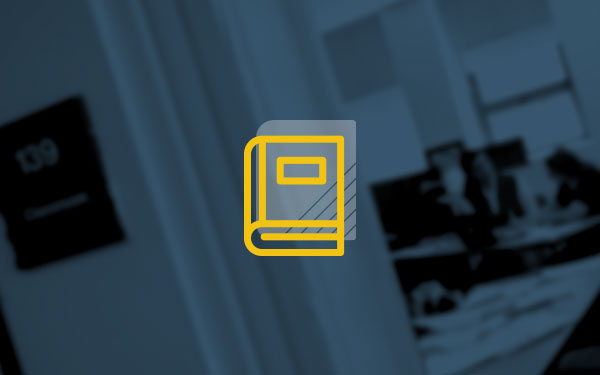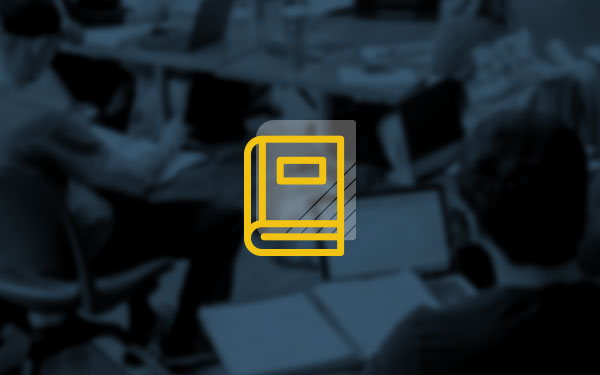
AC 6050: Advanced Auditing
Examines cases of failed audits to assess and control risk, identify relevant assertions and evaluate management incentives.
No matter where you are in your accounting career, it’s never a bad time to gain new knowledge and expand your skills. Whether you’re looking to obtain your CPA licensure, advance to a leadership role in your organization or simply broaden your accounting acumen, the Regis M.S. in Accounting can help you take the next step in your professional development.
The master’s in accounting degree is structured to help you meet the requirements for CPA licensure, and courses are continuously updated to meet the newest accounting standards. Our accounting faculty mix high-level processes with real-world applications. In fact, most are practicing accountants and business owners who bring decades of experience to Regis. If you’re ready to take your accounting career to the next level, the Regis M.S. in Accounting is here to help.
Know what you're looking for? This is for you:

Dina Harder (Florez), Associate Dean of Admissions
Program Format
Online courses
8-week terms
Time Commitment
12 - 24 months
Key Dates
Starts are offered in January, March, May, June, August and October
Chief Financial Officers are responsible for managing all aspects of a company or organization's finances. Chief Financial Officers are expected to complete financial planning as well as tracking company profits
Corporate Controllers are responsible for managing accounting operations, providing financial reports and ensuring accounting records are organized. This job can be compared to a Budget Manager, but includes some additional responsibilities such as ensuring the budgets don't create any large risks and that the company's financial results are meeting set goals.
Forensic Accountants provide two primary services to their clients: investigation and litigation support. Forensic Accountants should expect to work with public and private employers and complete audits of financial records to find evidence of fraud and other possible crimes.
Information Technology Accountants combine accounting skills with software systems to oversee and protect a company or organization's digital financial data. Information Technology Accountants help to provide technology efficiency and reduce errors.
Auditors review the accounts of companies to check that the financial records are legal and valid. In some cases, an auditor can serve in an advisory role for a company and recommend things that can be cost-saving and prevent financial risks.
Financial Analysts examine financial data and use this information to guide business decisions. Financial Analysts prepare models to assess financial conditions and determine strengths and weaknesses in the financial status of a company.
*U.S. Bureau of Labor Statistics, accountants and auditors, 2023

M.S. Accounting students have the option to specialize in one of the following areas:
| Financial Accounting
| Fraud/Forensic Accounting
| IT Accounting
| Managerial Accounting
The M.S. Accounting program also helps satisfy the credit-hour requirement to sit for the CPA exam or earn a CMA credential. Learn more about the requirements for CPA licensure.

Examines cases of failed audits to assess and control risk, identify relevant assertions and evaluate management incentives.

Dive into International Financial Reporting Standards (IFRS), US GAAP foreign exchange and US international tax issues.

Study the financial and nonfinancial functions and responsibilities of the chief accounting officer of a business organization.
To apply to the M.S. in Accounting program, you will need:
Real people. Really invested in you. Contact your admissions counselor today and learn how we help you each step of the way.
2025-2026 Academic Year
Tuition is one part of the overall cost of attendance, which includes all expenses students may have, including basic living costs. For more information about tuition, fees and your estimated cost of attendance, visit our Cost of Attendance for Adult Undergraduates and Graduate Students page. Tuition and fees are subject to change.
Earning your Master of Science in Accounting from Regis sets you apart and expands your professional network—think of it as an investment in your future. Between scholarship opportunities and financial aid packages, advancing your education is within reach. Visit our Office of Financial Aid on the web.
Want to learn more? Here's something for you:
The Master of Science in Accounting is offered by the Accounting and Finance Department in the Anderson College of Business and Computing.